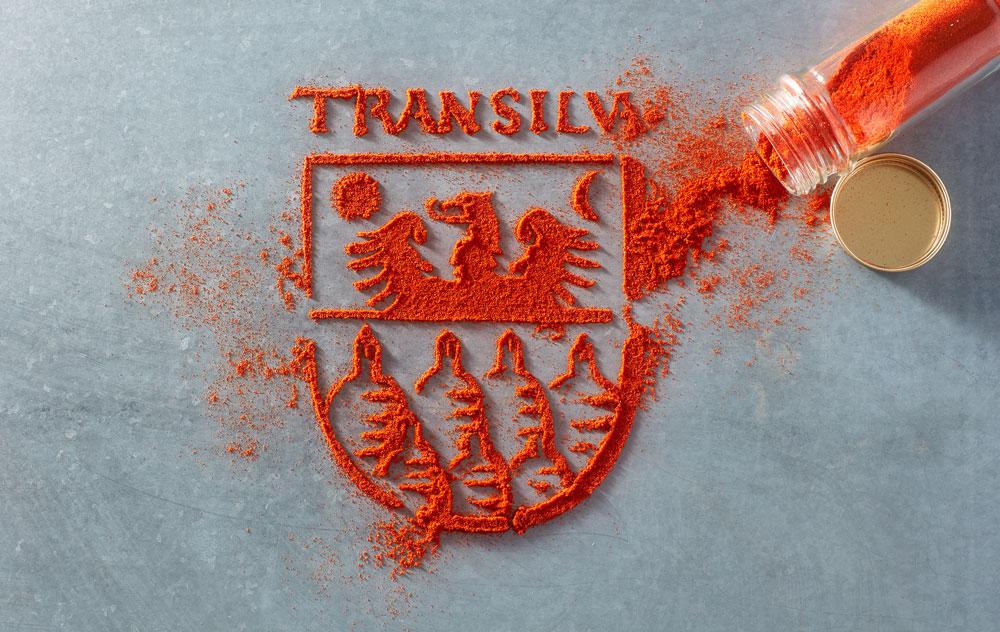When night falls, arise to satisfy your hunger.
Is your sixth sense on red alert? Ah, that would be the paprika whispering quietly in your ear. In the most mild of undertones, it’s murmuring, “Come now, traveler. Just a nibble.”
Indeed, many newcomers to the border region of Hungary and Romania — where historically, the Principality of Transylvania was located — have fallen under the spell of the area’s magic. And with good reason. The flavors are, shall we say, irresistible.
Castle keepers.
This recipe is inspired by the long history and many cultural influences of the region. Goulash — a stew or soup originally made by herdsmen in a kettle over an open fire — is one of Hungary’s best-known dishes, and it’s also found in Romania.

Local color.
Goulash traces its history back nearly 1,000 years, but the addition of paprika to the stew didn’t happen until several hundred years later when chile peppers reached Europe. At first, chiles were more popular as decorative houseplants, and it took a while for the peppers to be used in cooking and ground into a dried spice.
Today, paprika is the national spice of Hungary and plays a major role in the region’s cooking. Goulash wouldn’t be goulash without paprika, nor would another famous dish in the area, chicken paprikash. The earliest chile peppers in Hungary were hot, but sweeter varieties were later cultivated and are the main source for contemporary Hungarian paprika. You get the savory essence of chile peppers without the heat of other varieties such as habanero or serrano.
Garlic included, just in case.
How many spices can brag about being mentioned in one of the best-known books of all time? When Bram Stoker published his novel Dracula in 1897, he sprinkled in details to intrigue his readers about the mysterious land of Transylvania. The narrator at the beginning of the book, Jonathon Harker, specifically mentions two meals made with paprika and describes having a dinner of paprika hendl (most likely chicken paprikash) in the town of Klausenburgh, now known as Cluj-Napoca, Romania.
Afterwards, he didn’t sleep well because he had bad dreams. He states, “There was a dog howling all night under my window, which may have had something to do with it; or it may have been the paprika.” But it couldn’t have been the paprika because in the morning the narrator gets up and has another paprika dish for breakfast. It was definitely the howling dog, an eerie foreshadowing.
